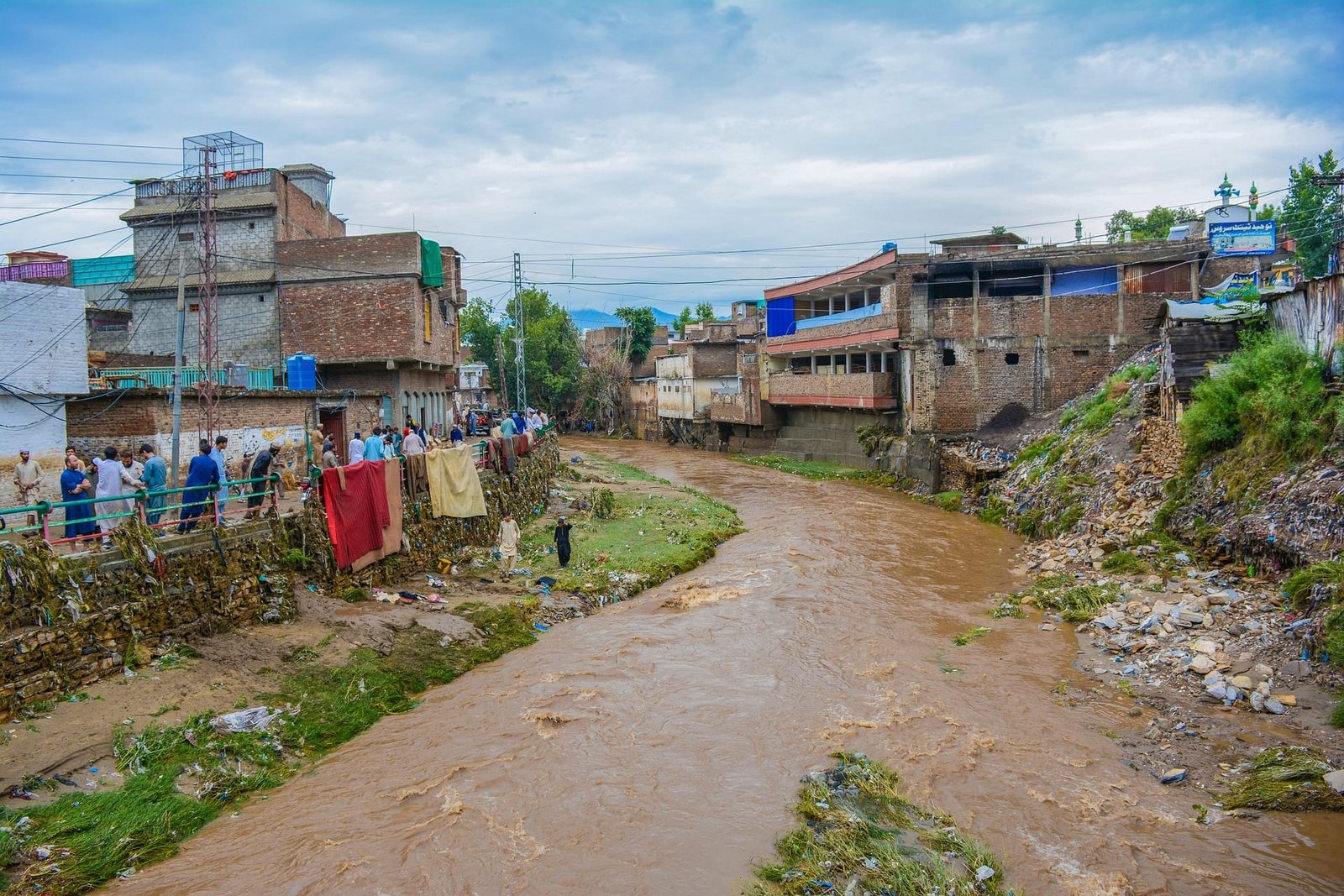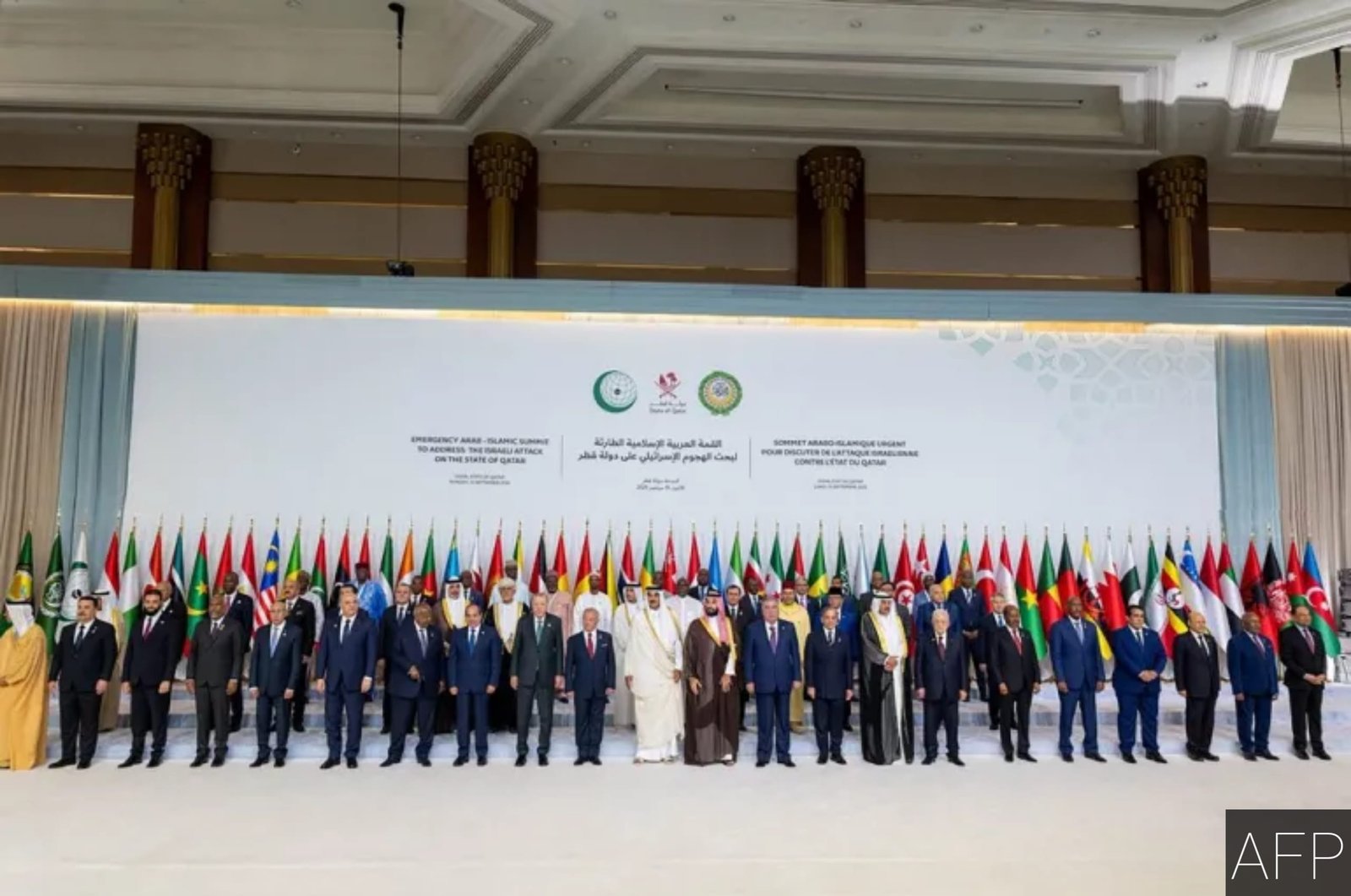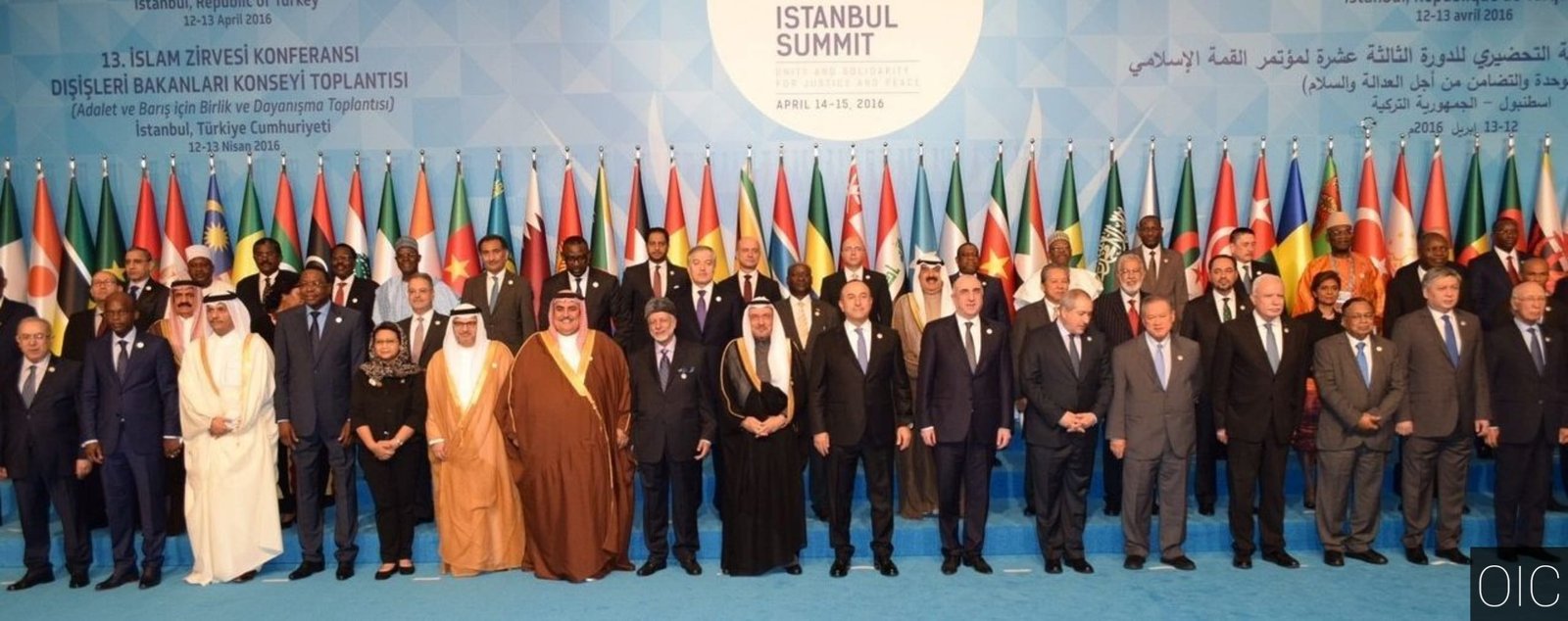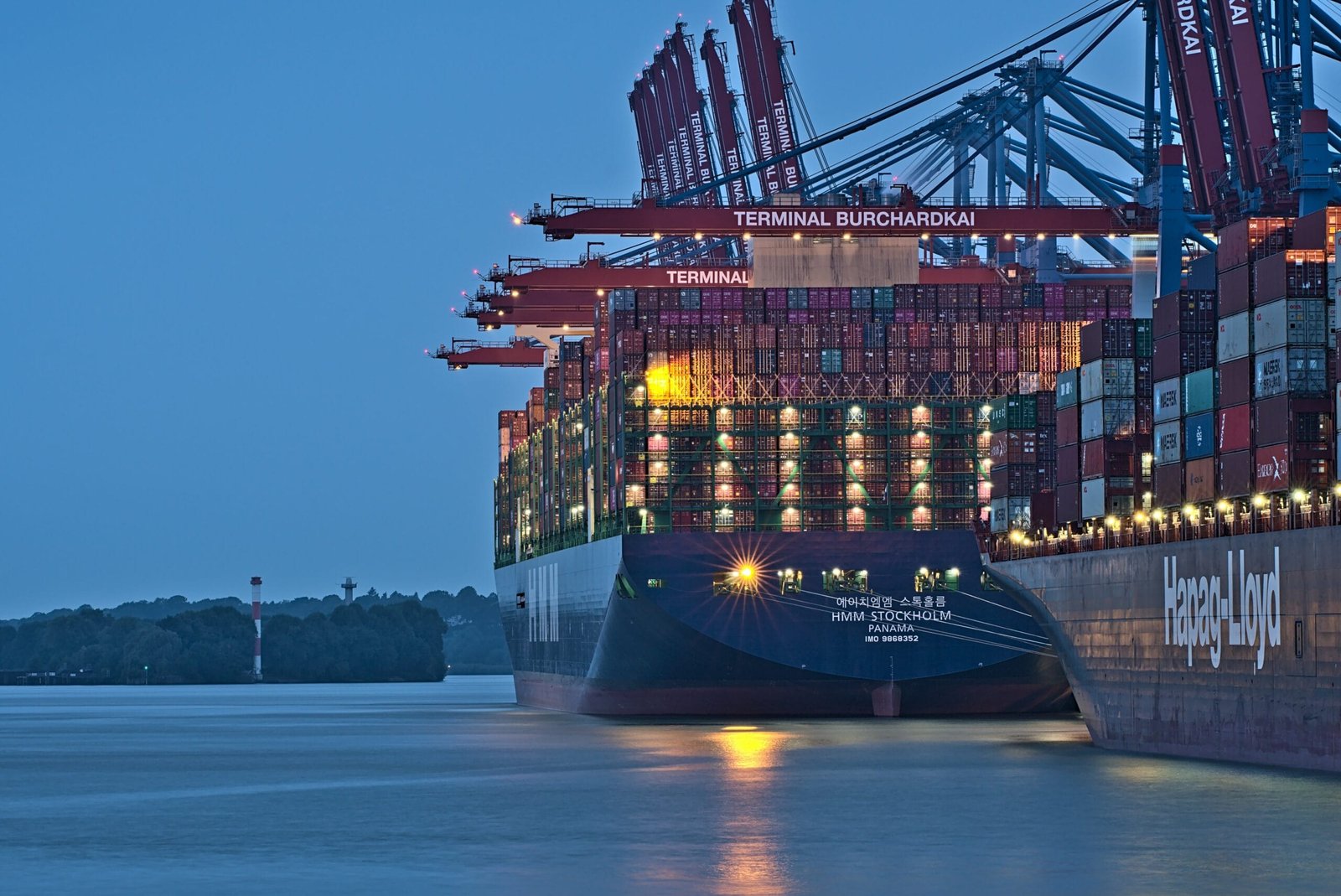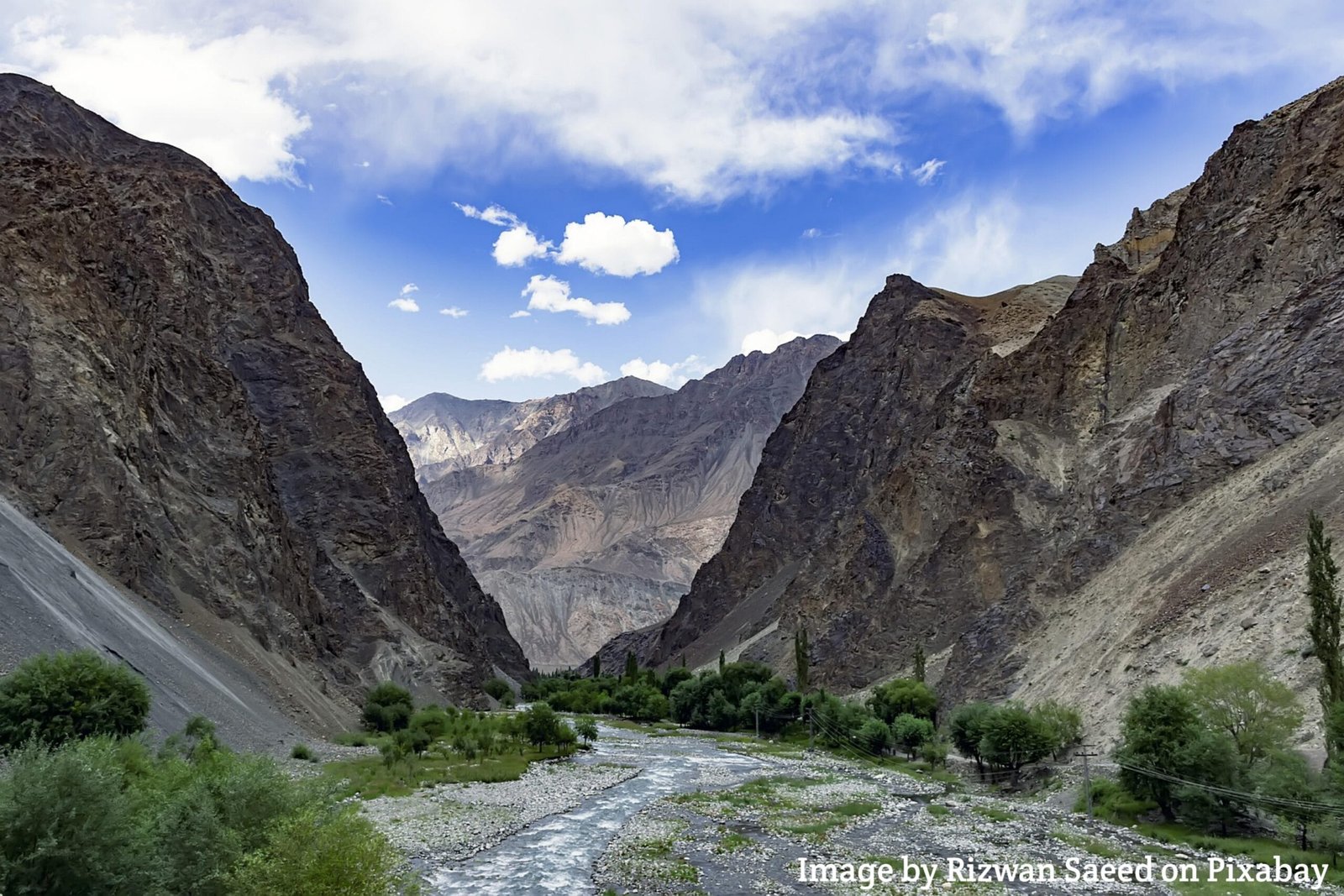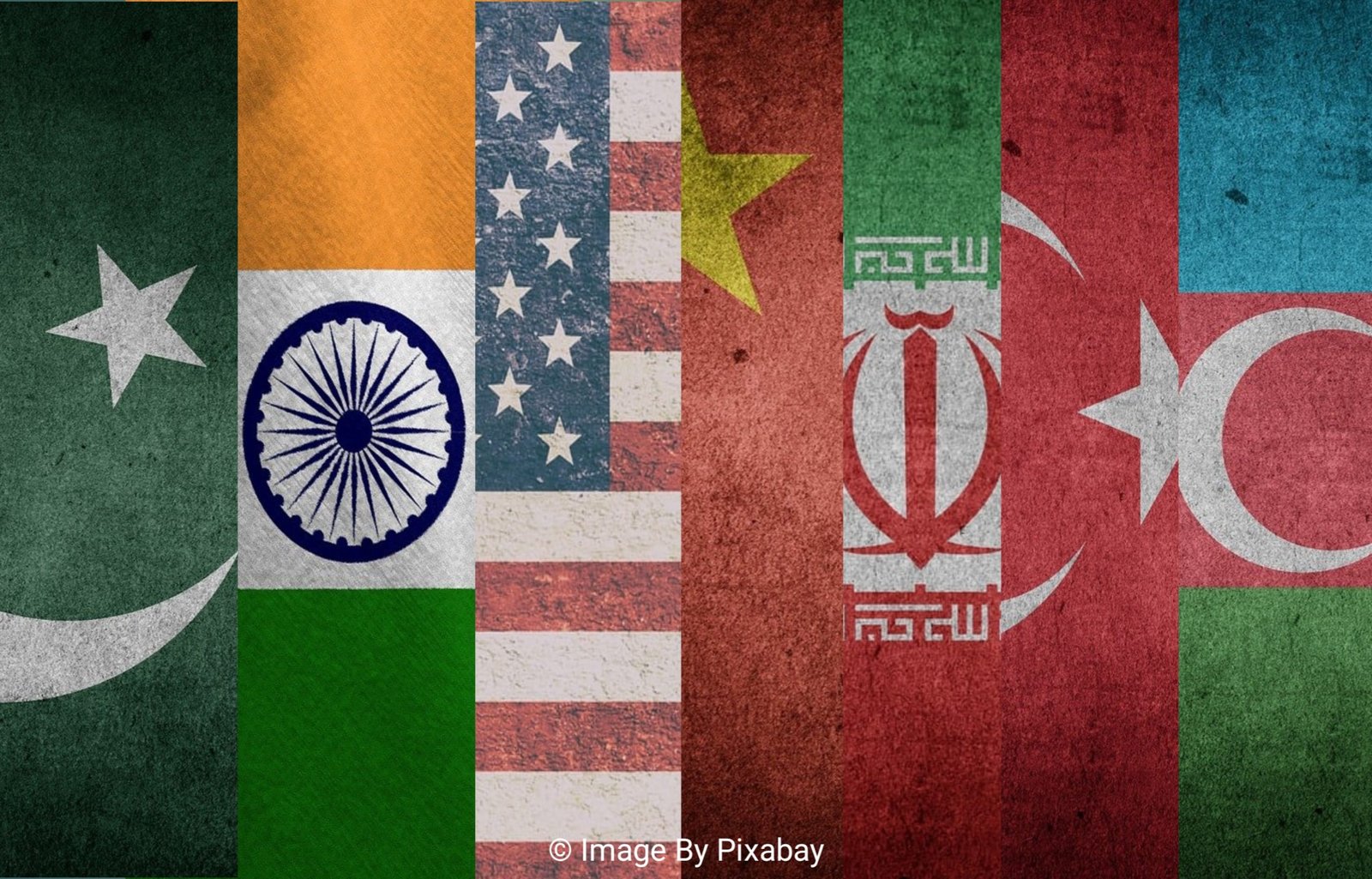
Introduction
In 2025, Pakistan’s foreign policy finds itself at a critical crossroads. Pakistan’s foreign policy has seen a remarkable rise compared to that of neighboring countries like India and Afghanistan. The newly elected coalition government of the Pakistan Muslim League (N) and Pakistan People’s Party has completed its first year in office and has taken the country’s foreign policy to the next level.
Pakistan has always held strategic importance for global powers like America and China, as well as for the Muslim world. Its geography has been crucial for China in pursuing its economic goals and for America to achieve its strategic objectives in Afghanistan, Iran and China. The need for economic investment, strategic autonomy, and regional stability is pushing the country towards resetting its relations with old allies, not by breaking ties, but by redefining them.
There has been a very positive trend in Pakistan’s foreign relations in 2025. Especially after the Indo-Pak war in May, Pakistan made very important changes in its foreign policy. Even in the Indo-Pak war, most countries were seen supporting Pakistan. Among them, China, Turkiye, Azerbaijan and Bangladesh were at the top.
Indo-Pak Relations
Pakistan-India relations have always been subject to ups and downs. But over the past ten years, instead of improving, they have seen deterioration. Pakistan seems to be trying to restore good relations with India, but no concrete steps are being seen from India in this direction. India accuses Pakistan of spreading terrorism in India without any evidence. On the other hand, Pakistan claims India’s involvement in terrorism in Balochistan and also provides evidence in this regard.
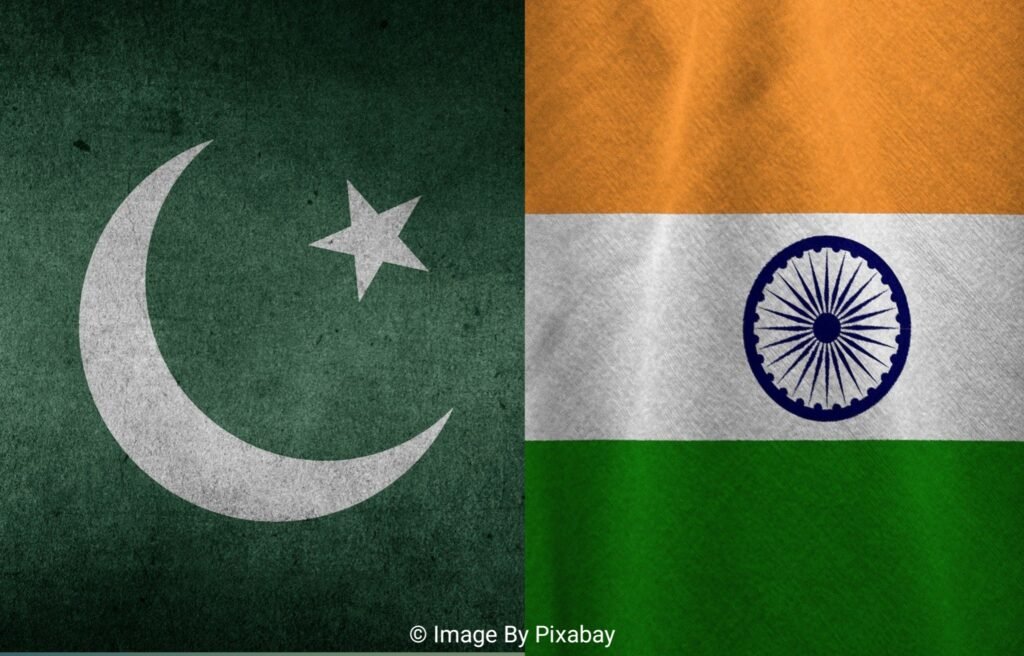
Their relationship deteriorated further on April 22 when tourists were attacked in Pahalgam. India blamed Pakistan without any evidence and threatened to take revenge. India has illegally rejected the international Indus Waters Treaty and threatened to stop its implementation. At the same time, it ordered all Pakistanis to leave India and closed all borders.
In response, Pakistan also ordered the return of Indian citizens in Pakistan. At the same time, Pakistan rejected the Simla Agreement in response to the Indus Waters Treaty. Both countries also closed their airspaces to each other.
During this tension, India carried out airstrikes on Pakistani civilian areas on the night of May 7. This attack escalated the tension into a war. On the night of May 7, a clash took place between the Pakistani and Indian air forces, in which Pakistan achieved a clear victory, shooting down six Indian aircrafts, including three French Rafales. India claimed that it had targeted terrorist hideouts, while many children and women were martyred in the attack.India named this attack Operation Sindoor. US President Donald Trump also called India’s attack shameful. The war lasted for three to four days, during which Pakistan launched Operation Banyan al-Marsoos on May 10 and targeted 26 Indian military installations in response.
This war had a long-lasting negative impact on Pakistan-India relations, which still do not seem to be on the path to recovery. Both countries accuse each other internationally of spreading terrorism in the region.
Pak-China Relations
Pak-China relations have seen significant improvement this year compared to previous years. In the Indo-Pakistan war that year, Pakistan gained a clear advantage using Chinese weapons. The use of Chinese J-10C fighter jets and PL-15 missiles helped Pakistan shoot down six Indian aircraft. Among these aircraft were three French 4.5 generation Rafales from India, which were shot down for the first time in history.
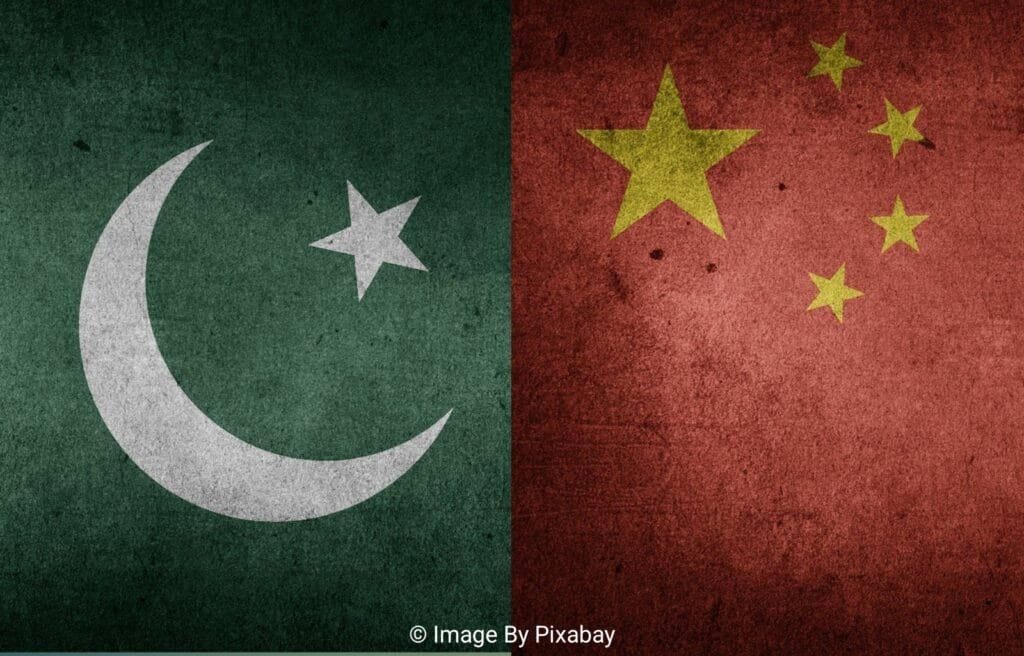
Pakistan’s military superiority over India in this war strengthened confidence in Chinese weapons in the global market. In honor of this, China decided to provide Pakistan with a shipment of J-35A aircrafts at a lower price and earlier, which were previously scheduled to be delivered next year.
China not only helped Pakistan in the matter of weapons but also openly supported Pakistan’s position at the international level. It also dismissed India’s accusation of the Pahalgam attack on Pakistan as baseless. India’s involvement in terrorism in Balochistan was also mentioned at the SCO summit in July 2025, which was hosted by China.
All this shows that China and Pakistan are still two iron brothers. Both consider each other’s enemies as their enemies and appear to support each other in every situation.
Pakistan-US Relations
Pak-US relations have also seen significant improvement this year compared to previous years. Pakistan promoted crypto trading in the country with US partnership. A surprising trend in these relations was seen when the United States brokered a ceasefire between Pakistan and India.
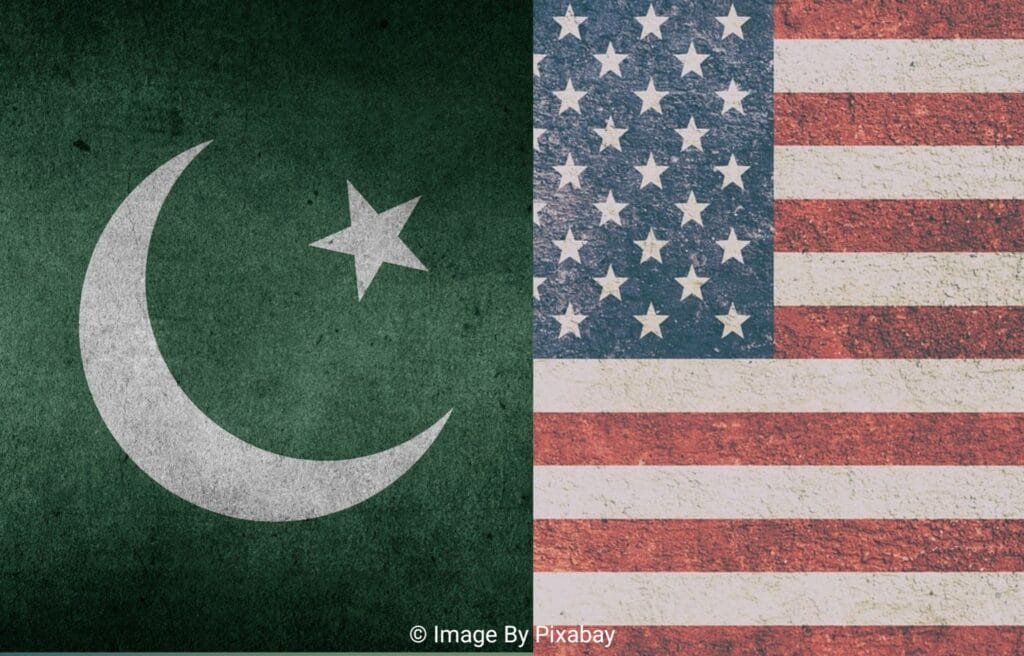
US President Donald Trump has repeatedly expressed his love for Pakistan, and it has been seen that Pakistan and India have followed his words and stopped the war. Donald Trump invited Pakistani Army Chief General Asim Munir to lunch at the White House on June 18 and thanked the Pakistani army chief for showing patience regarding the war. On the other hand, Pakistan also nominated the US President for the Nobel Peace Prize.
Relations with Middle East
Pakistan’s relations with the Middle East have seen a flourishing this year. Pakistan announced Iran’s full support in the war between Iran and Israel, in particular, and offered all possible assistance. Iran thanks Pakistan for its support, ties see positive turn.
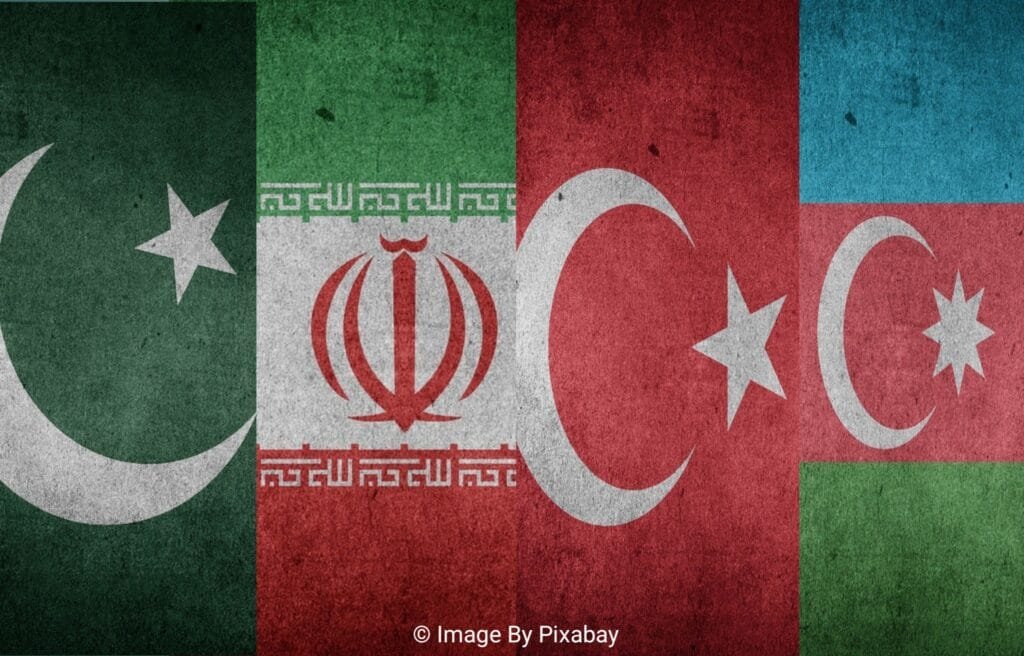
On the other hand, Turkiye also appeared as a brotherly country in the Indo-Pak war. Turkiye supported Pakistan’s position and provided Pakistan with all possible assistance, including its drones. Relations with Turkiye, as well as Azerbaijan, have also been seen strengthening. Azerbaijan announced its full support for Pakistan in its war against India and called it a brotherly country. Based on these relations, news has also emerged that Azerbaijan is going to purchase JF-17 Thunders from Pakistan.
Conclusion
As the world progresses, it can be seen that foreign policy and diplomacy play a very important role. Pakistan has conducted its foreign policy in a very strategic manner this year and has made the world its support in difficult circumstances. Pakistan’s military establishment has played a very important role in its foreign policy from the beginning, which has now become even more prominent under the coalition government of Muslim League (N) and Pakistan People’s Party.
Written By
Rumman Mustafa
The Khilafat Times

